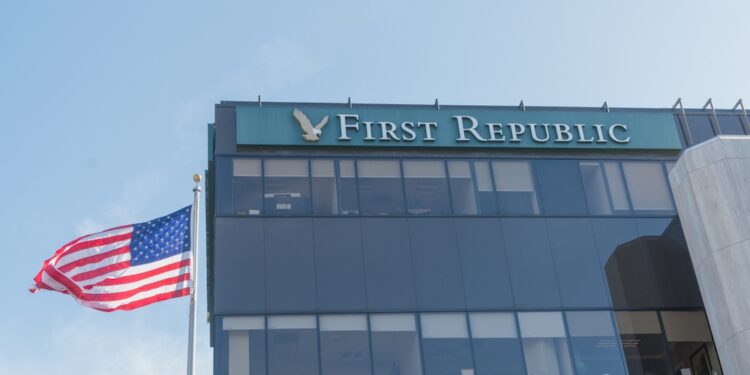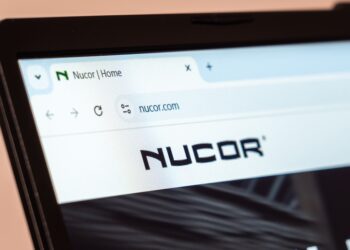A top US regulator wants a sweeping overhaul of deposit insurance after recent bank failures partly drained a pool of money the government uses to protect lenders’ clients.
The Federal Deposit Insurance Corp. on Monday laid out three options for the bedrock fund, which currently covers up to $250,000 on most accounts. The regulator highlighted the impact of technological changes and high concentrations of uninsured depositors in pockets of the banking system as reasons for a possible overhaul.
The FDIC said in its report that switching to a “targeted coverage” approach, where business accounts get more coverage than the current cap, would be the best option for financial stability. Such a change, however, would require congressional action. Other options include maintaining coverage as is, or switching to cover all deposits, the FDIC said.
Although the agency didn’t commit to taking a particular path, Monday’s report launches what would be one of the most significant policy changes to stem from the recent banking crisis. The FDIC’s decision to cover all deposits — even those above the $250,000 limit — for clients of Silicon Valley Bank and Signature Bank following their failures in March sparked a fierce debate over how the system should be changed.
The collapses and the government’s response “raised fundamental questions about the role of deposit insurance in the United States banking system,” FDIC Chairman Martin Gruenberg said in a statement. “This report is an effort to place these recent developments in context of the history, evolution, and purpose of deposit insurance.
Critics of the banking system have called for the FDIC to increase the insurance cap. Senator Elizabeth Warren, a Massachusetts Democrat, in March said that the agency should increase its $250,000 cap, questioning whether it should be as high as $10 million.
A separate debate is also raging over who should pick up the tab for replenishing the Deposit Insurance Fund, known as the DIF, after it was used to cover uninsured depositors from the two failed banks.
First Republic
Questions around the DIF again swirled on Monday after the First Republic Bank collapsed in the second-biggest bank failure in US history. As part of a deal for JPMorgan Chase & Co. to buy the lender, it will share in both the losses and the potential recoveries on loans with the FDIC. The regulator estimated Monday that the cost to the fund will be about $13 billion.
The DIF is a bedrock of the US financial system. It’s also been a political lightning rod because the pot is filled and re-filled by all insured banks kicking in quarterly fees known as assessments.
The amount is based on formulas and despite occasional gripes on its costs, the system has generally worked for years. Silicon Valley Bank, for example, had many depositors who held more than $250,000 in their accounts, including many startup businesses that desperately needed cash.
Targeted Coverage
On Monday, the FDIC said that an upward trend in uninsured depositors had increased risks for bank runs. According to the regulator, the proportion surged to 47% in 2021 — the highest level since 1949. The agency added that changes in technology, which allow information to spread quickly and depositors to easily withdraw funds, present acute challenges.
In its preferred “targeted coverage” approach, the FDIC would extend coverage to business payment accounts. Losses on those accounts may impact payroll and other operational functions, the agency said. The regulator didn’t say it wanted to increase the limit for investment accounts, signaling that they wouldn’t get the same new protections under the plan.
Regardless, the FDIC said that increasing coverage for payments accounts could “require a significant increase in assessments,” or the fees that US banks must regularly kick in to the fund.
By Katanga Johnson / Bloomberg












